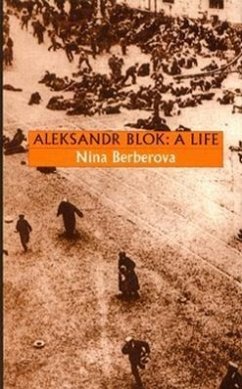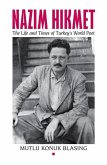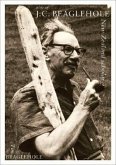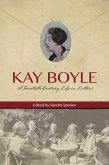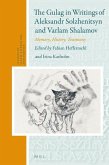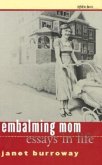Aleksandr Blok (1880-1921), the leader of the Symbolist Movement, was one of Russia's greatest modern poets. An inspiration to many modern Russian poets well-known in the West, most notably Pasternak, this account of his life is one of the few books on this important poet available in English. A member of the Russian aristocracy, Blok lived through a period in which a traditional world was being destroyed and a new, often alarming utopia was emerging. After years of expressing disdain for politics, he became an enthusiastic supporter of the Revolution, changing from a detached observer to a committed servant of the Russian people. This change is reflected in the shift in his work away from his early poetic mysticism to the historical vision of his most famous poem, "The Twelve". This account of his life and his art, written by the novelist and autobiographer Nina Berberova, evokes the troubled world of the Russian intelligentsia, their illusions, and their disarray in the face of revolution. Blok's complicated emotional life, his passion for his art, and his public stature are conveyed with economy, elegance, and deep understanding.
Bitte wählen Sie Ihr Anliegen aus.
Rechnungen
Retourenschein anfordern
Bestellstatus
Storno

